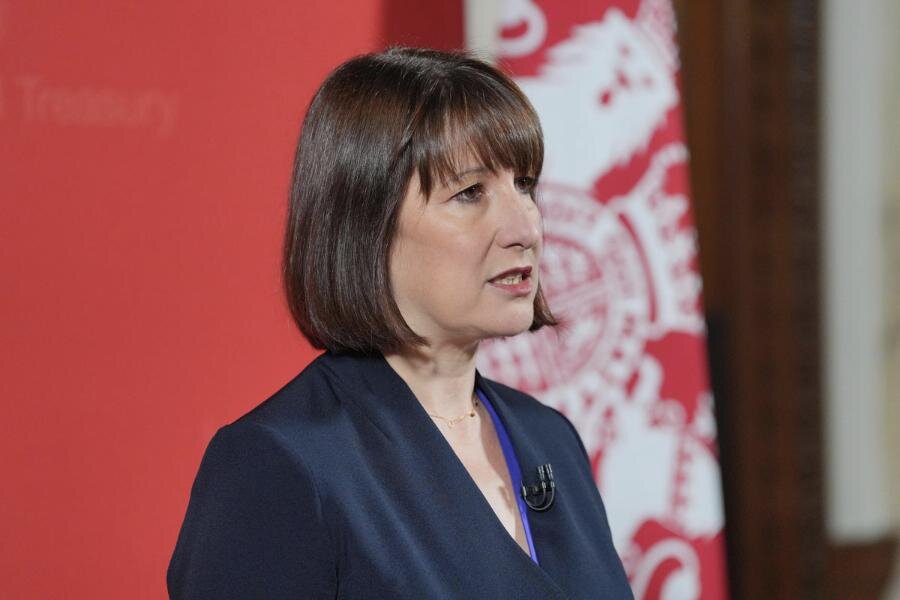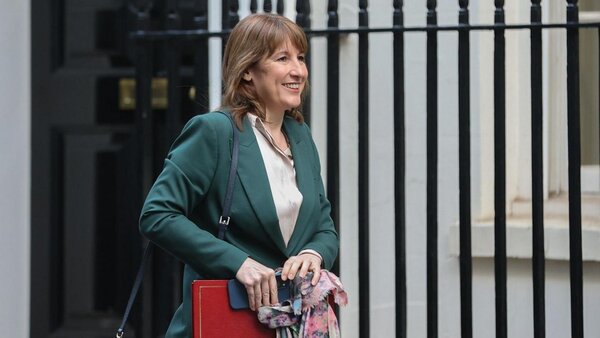Five Key Tax Changes to Watch in Rachel Reeves’ Autumn Budget
As the Labour government prepares to deliver its second Autumn Budget on November 26, 2025, all eyes are on Chancellor Rachel Reeves. Coming at a politically charged moment, the speech is expected to address pressing fiscal concerns while balancing the party’s manifesto promises with the need for government revenue.
The lead-up to the budget has been long and fraught with speculation, placing additional pressure on Prime Minister Keir Starmer amid internal party tensions over immigration and leadership questions.
Investors, homeowners, pensioners, and savers are closely monitoring potential shifts in taxation. Reports suggest the government has stepped back from increasing headline rates of income tax, National Insurance, and VAT, but adjustments to allowances and targeted taxes are still on the table.
Property owners, particularly those with high-value homes, may see tax increases, while pensions, inheritance rules, and cash ISAs are all under scrutiny. With nearly three months of debate since the autumn budget date was confirmed, the government faces intense public and financial sector attention.
Income Tax: Frozen Allowances Likely
Initially, the government appeared poised to raise income tax rates, but recent reports indicate this plan has been shelved. Instead, attention has shifted to freezing or reducing personal tax allowances as a subtle way to increase revenue.
Bond markets reacted to the uncertainty, with bond yields softening when tax rises seemed imminent and subsequently rising when the increases were reportedly dropped. While headline rates may remain unchanged, the effective tax burden could still rise through allowance adjustments, impacting working households across the UK. Analysts are now predicting a cautious, incremental approach to income taxation rather than headline rate hikes.
Property Taxes: Stamp Duty and Council Tax Reform
The sluggish UK housing market in 2025 has prompted renewed debate over property taxation. After last year’s stamp duty adjustments, falling property transactions have cut government revenue, leading to speculation that broader reforms may be introduced.
The Autumn Budget may focus on those with high-value homes, potentially including uprated council tax bands that have remained at 1991 levels. Experts argue that reducing or removing stamp duty could boost social mobility by encouraging more homeowners to move.
The timing of announcements could influence buying decisions, with potential reforms shaping both market activity and household affordability.
Inheritance Tax: Changes to Gifting Rules
Inheritance tax, paid by just 30,000 estates annually but feared by millions, may face adjustments in the Autumn Budget. With the government under fiscal pressure, revenue from the current £9 billion annual tax remains important.
Chancellor Reeves could target gifting rules, forcing families to reassess how and when they transfer wealth tax-free. Adjustments to the household nil-rate band may also aim to increase contributions from estates with high-value family homes.
These measures would directly affect estate planning strategies for middle- and upper-income households.
Pensions: Potential Reductions in Tax-Free Cash
Private pensions may also come under scrutiny. A key option for the Chancellor is reducing the amount of tax-free cash that retirees can withdraw, a feature central to the “pension freedoms” launched a decade ago.
Additionally, workplace pension arrangements could face tighter National Insurance reliefs or changes to higher-rate tax reliefs. Such measures allow the government to increase revenue without breaching manifesto commitments not to raise taxes directly on working people.
Pensioners and future retirees are watching closely, as adjustments could alter retirement planning and long-term financial security.
State Pensions: Tax Implications
Recipients of the state pension may also see changes, with current trends suggesting that income tax on state pensions could become more common by the 2027/28 tax year.
The government’s broader retirement policy review, launched in July, has highlighted the need to balance sustainability with fairness.
Freezing personal allowances while continuing to pay out state pensions could result in higher effective tax burdens for pensioners unless targeted interventions are introduced.
Final Summary
Chancellor Rachel Reeves’ Autumn Budget, set for November 26, 2025, could bring significant tax adjustments affecting households, property owners, pensioners, and savers.
While headline rates of income tax, VAT, and National Insurance are expected to remain unchanged, frozen allowances may subtly increase the tax burden on working families. Property owners with high-value homes could face uprated council taxes, and stamp duty reforms may influence the sluggish housing market.
Changes to inheritance tax, particularly gifting rules and the household nil-rate band, could reshape estate planning strategies. Pensions are likely under review, including tax-free cash withdrawals and relief adjustments, while state pensioners may encounter new tax pressures.
Finally, cash ISA rules could be amended to encourage stock and share investments, though the impact remains uncertain. Overall, the Autumn Budget reflects the government’s balancing act between raising revenue, supporting households, and maintaining economic stability.











